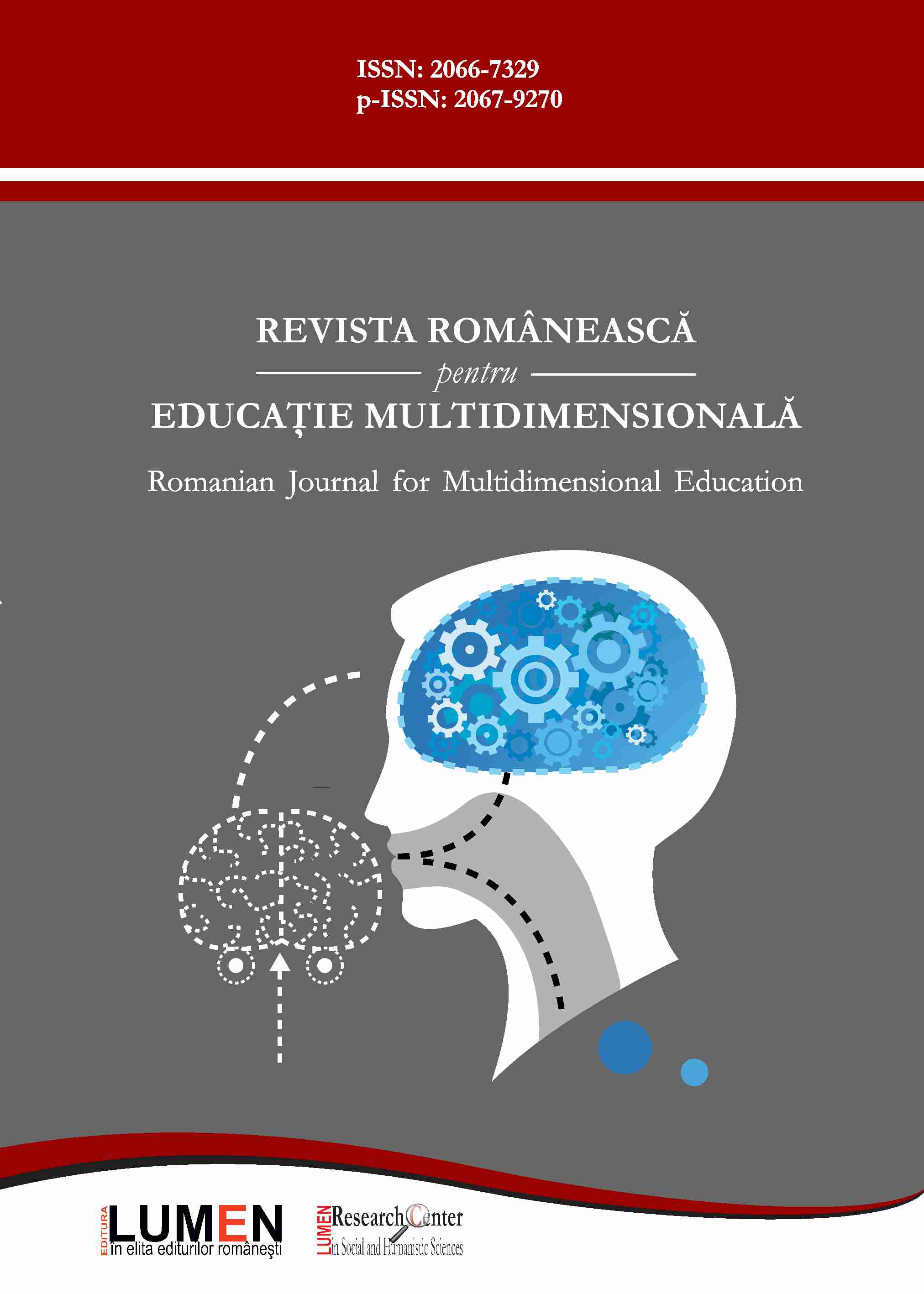Normative and Institutional Frameworks for the Functioning of Supervision in Social Work
Normative and Institutional Frameworks for the Functioning of Supervision in Social Work
Author(s): Elena Unguru, Antonio SanduSubject(s): Essay|Book Review |Scientific Life
Published by: Editura Lumen, Asociatia Lumen
Keywords: supervision in social work; ethics; supervision framework; transdisciplinarity;
Summary/Abstract: Supervision is understood as a professional, formative, administrative and managerial practice provided by an experimented professional to a professional in the same field, with the purpose of transfering knowledge and training specific competences, useful in his practice with the purpose of providing as qualitative as possible services to its own beneficiaries. The article reviews a series of normative frameworks based on which the process of supervision of social services in countries such as Singapore, New Zeeland, Australia, Canada, USA, Great Britain and Romania. By comparatively analyzing these frameworks, we noticed that generally, there are two models formulated – the first one which regards the supervisor as a professional with experiece in social work, and the other model sees supervision as a distinct profession with transdisciplinary nature, but with access limited by the need for an initial training and previous experience in the field of social work. We notice that, in general, the national frameworks identify three functions of supervision: administrative, formative and managerial, and place a special emphasis on the role of the supervisor as trainer in the field of professional ethics.
Journal: Revista Românească pentru Educaţie Multidimensională
- Issue Year: X/2018
- Issue No: 2
- Page Range: 69-87
- Page Count: 19
- Language: English

